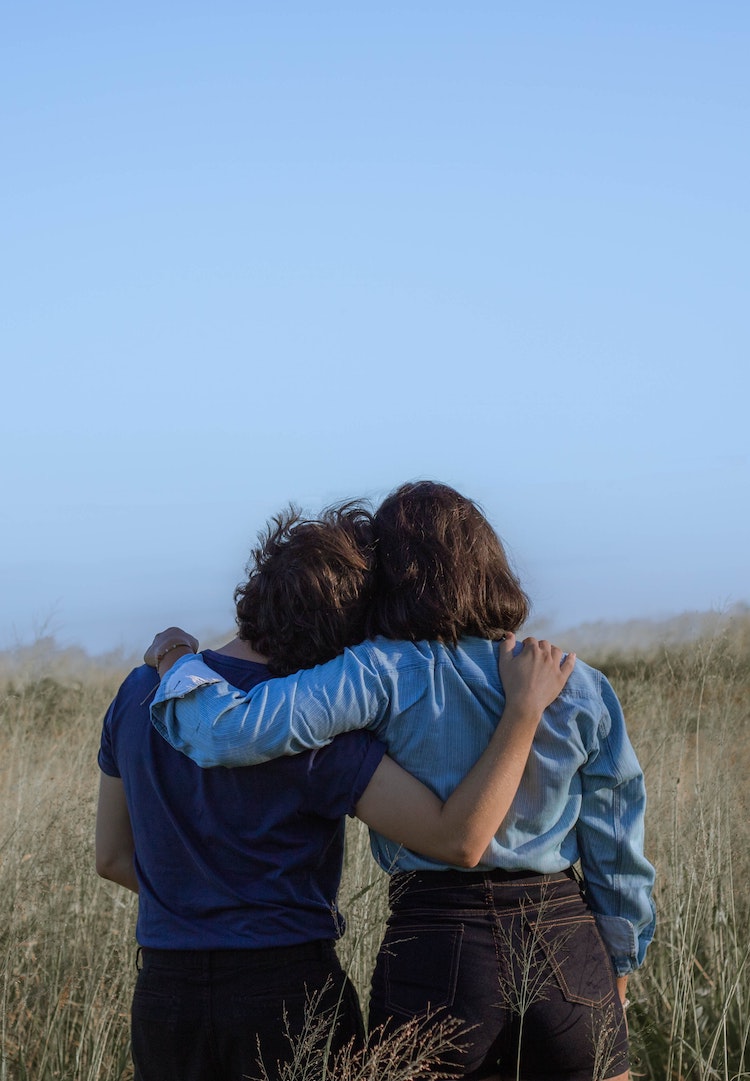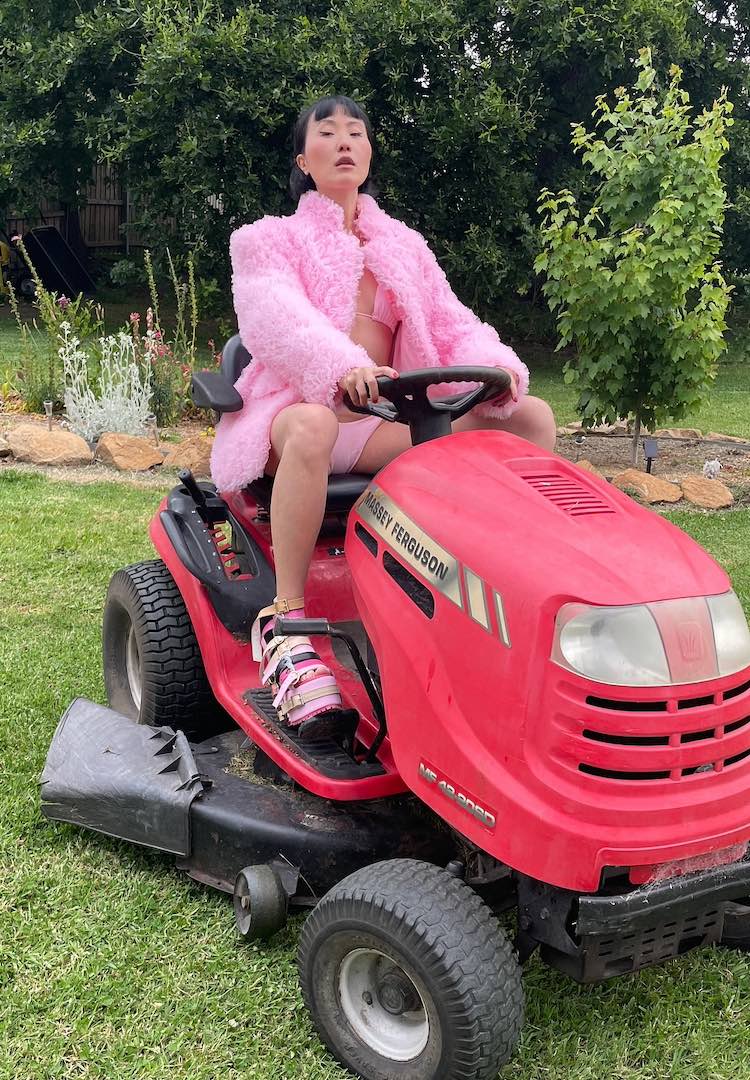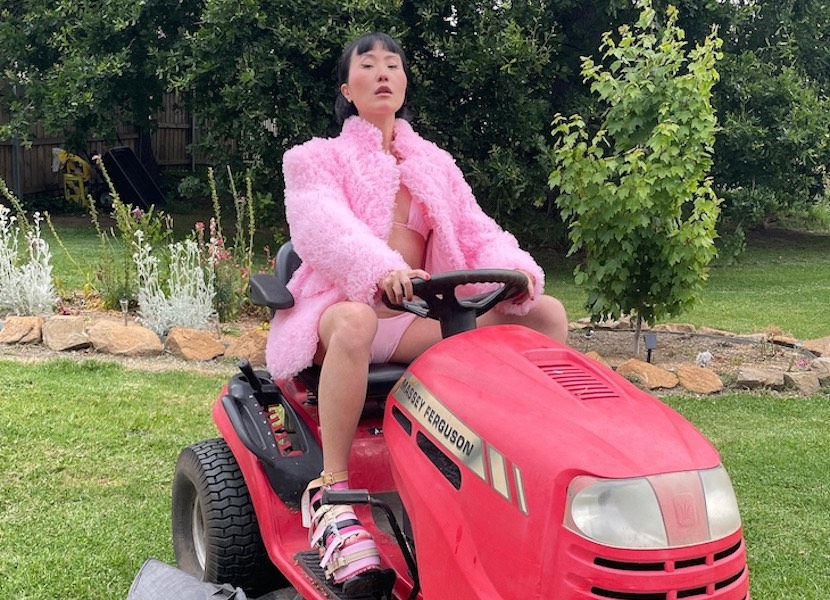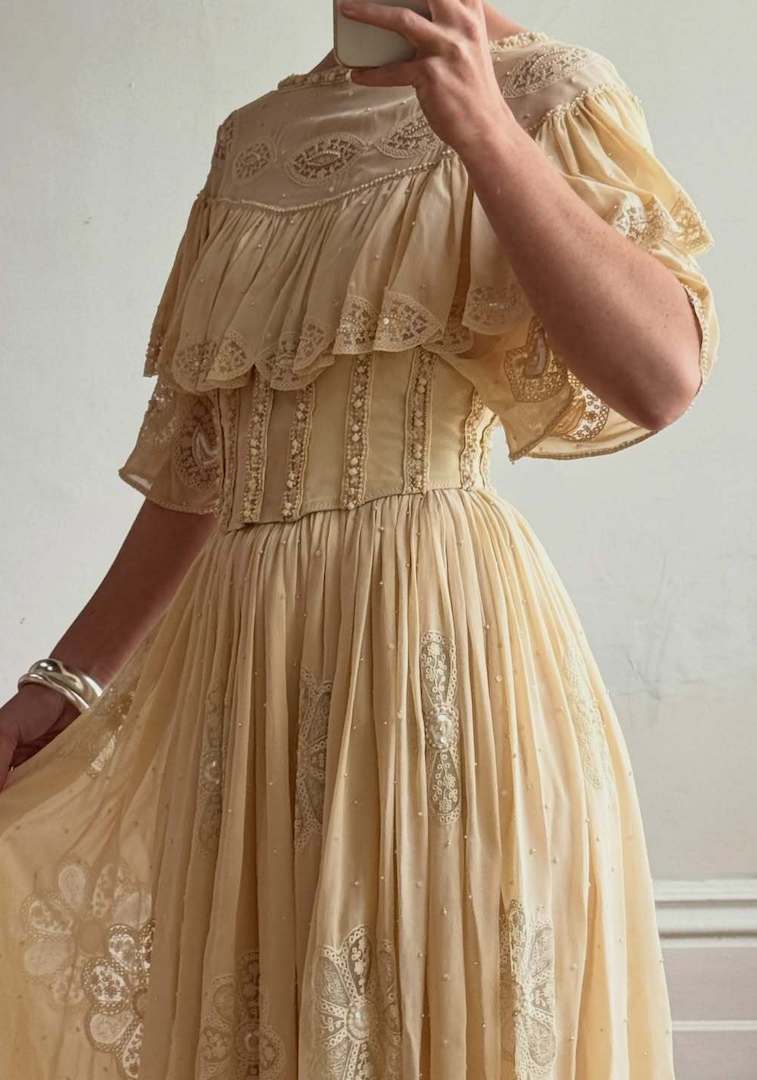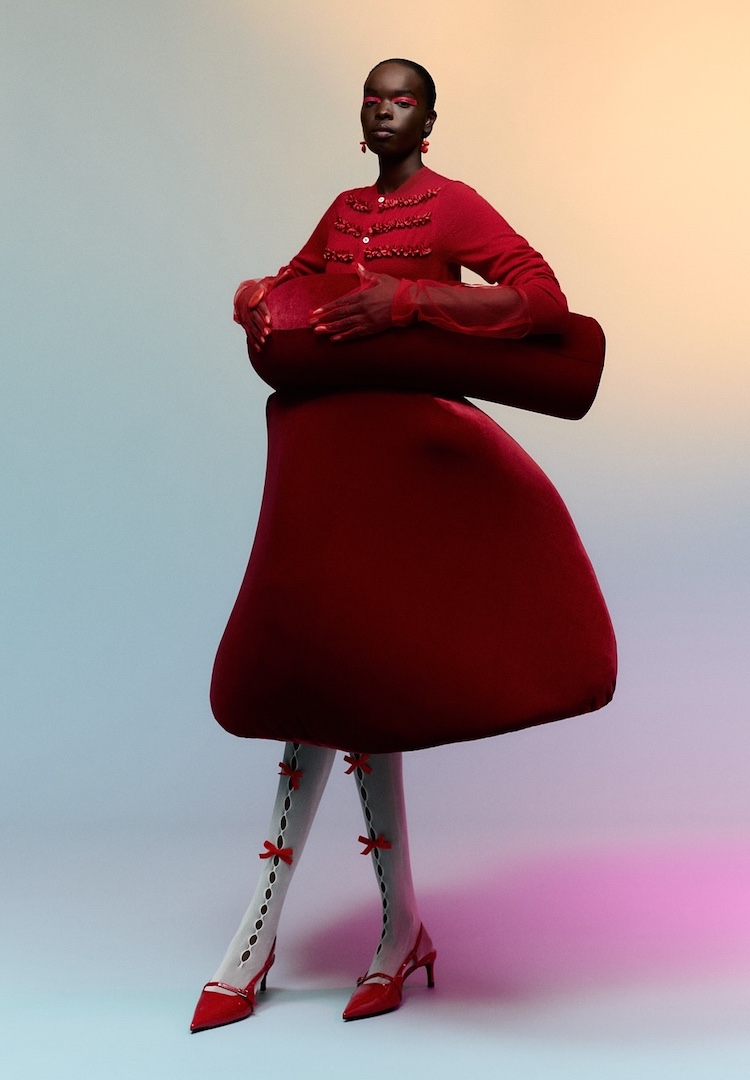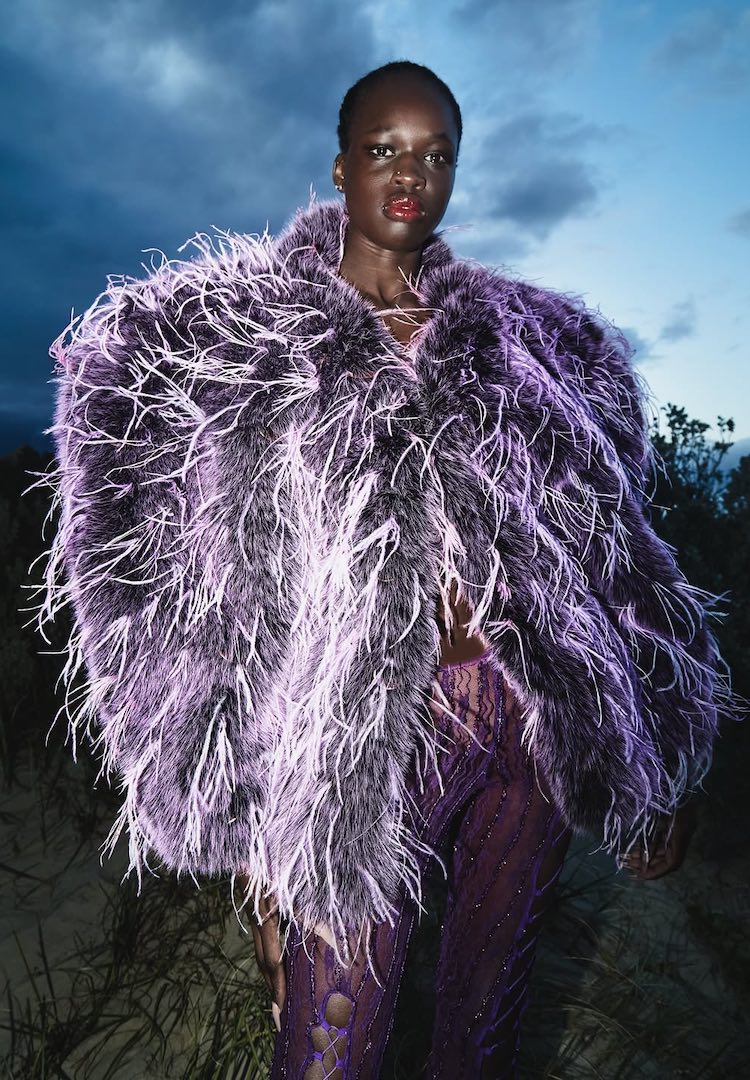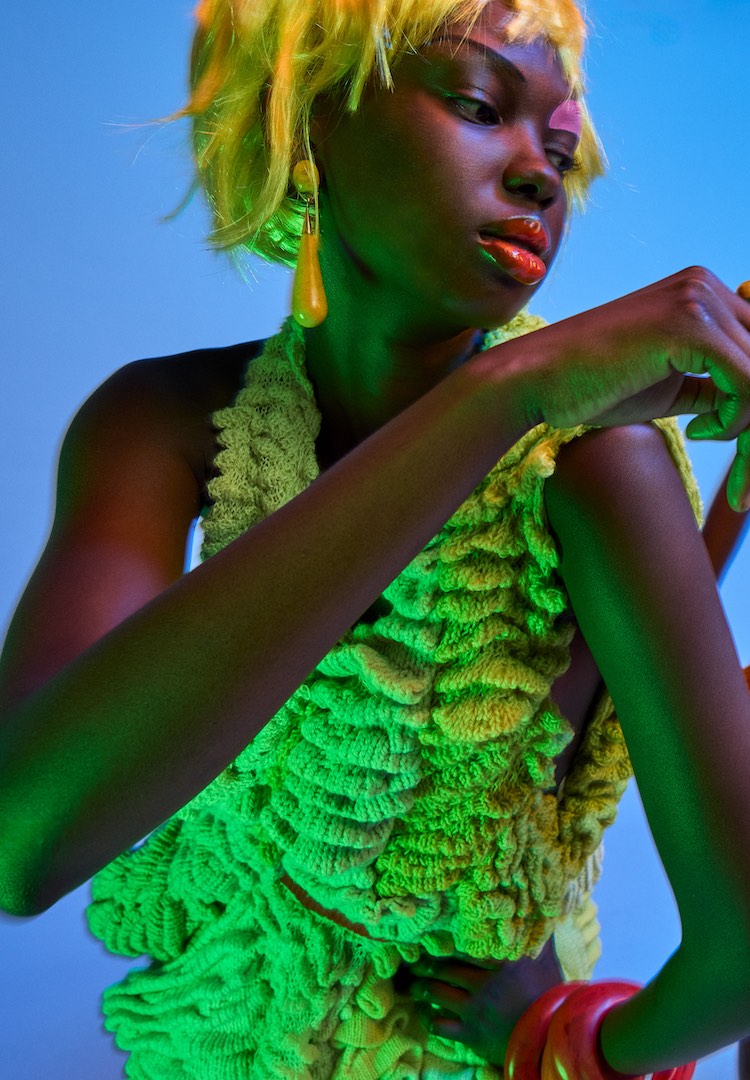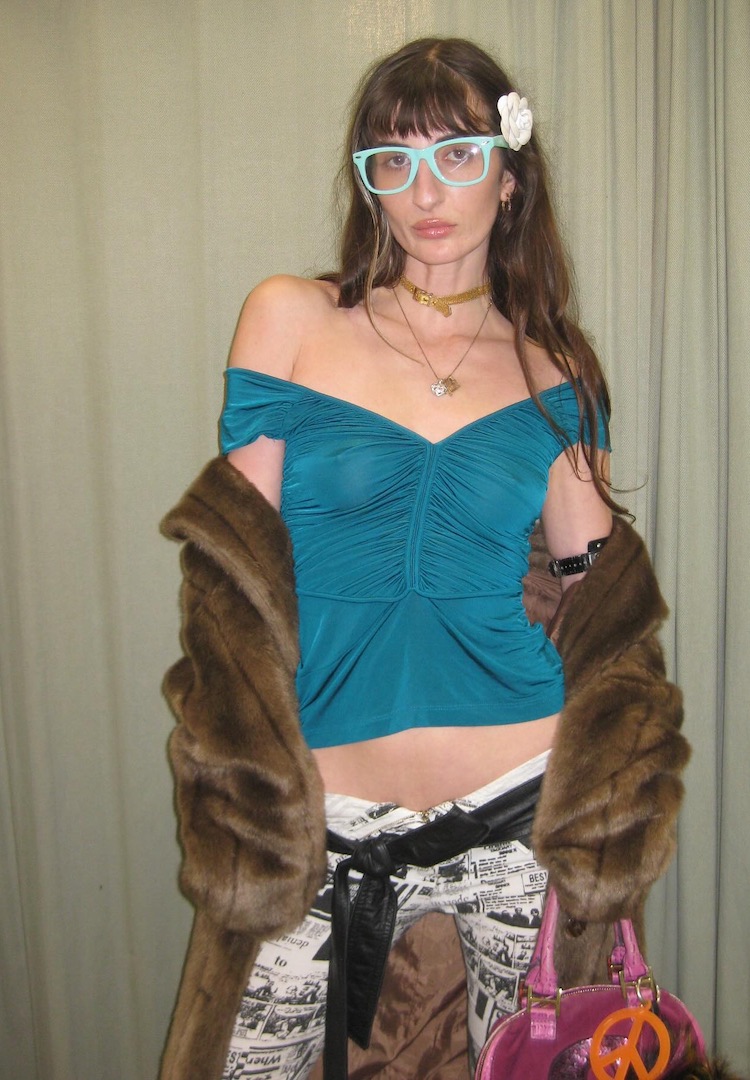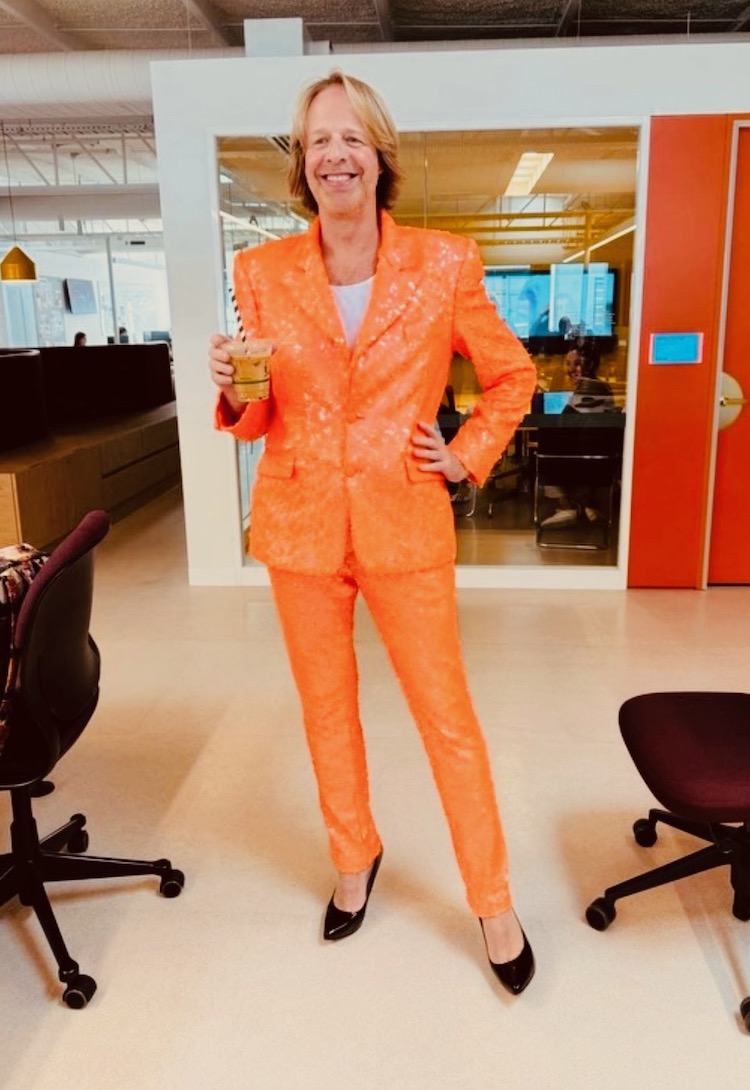I asked three Australian influencers how they deal with haters
image via @charlene_ye_davies
as told to fashion journal
“The truth was that I was actually impressed by his straightforwardness.”
Social media requires thick skin. Thanks to the reach of platforms like Instagram and TikTok, what might’ve been intended as a post for your social circle can easily become a viral piece of content with millions of views. Sure, most people wouldn’t shy away from skyrocketing to fame online. But what happens when the comment section isn’t full of adoration?
To be an online creative isn’t for the fainthearted. It undoubtedly involves a lot of work behind the scenes – from personal branding to filming, editing and planning out content. But it also involves putting yourself out there for countless people for critique. While most creatives have built up loyal and supportive followings, it’s impossible to please everyone.
Interested to hear how others navigate the world? Head to our Life section.
Despite being able to filter out some of the more horrendous comments through internal reporting mechanisms, some still inevitably make their way through. The upside of this is that it can build resilience, and in some instances, even act as a starting point for a deeper conversation. When someone critiqued Charlene Davies’ outfit on Instagram, she liked his comment. “[I] replied that I believe what he said [did] have merits,” she says.
Sometimes, though, negativity can just be negative. And when you’re a full-time content creator, it’s not usually as simple as ‘just logging off’. As social media veterans, Silk Cartwright, Charlene Davies and Jacquie Alexander have, over time, found their own ways of dealing with haters online, from blocking comments to being selective about what they post.
Silk Cartwright, artist, content creator and founder of Silky Wines
View this post on Instagram
The type of hate and negativity I receive online is usually about my artwork – that it’s “bad” or it “sucks”. Sometimes I rationalise how I feel about the hate because it’s directed at my work and not myself personally but it can still feel very deflating because my art is an expression of my inner self.
I find the community on Instagram is the most harsh out of the platforms and unfortunately, there’s a lot of work I don’t share due to fear of backlash. Art is subjective so I know people will always have negative opinions but I think dealing with criticism from the start of my social media journey has made me tougher and given me the strength to disregard what the haters think.
The thing that keeps me going despite the hate is remembering how many amazing opportunities have arisen from posting on social media and knowing that my content is inspiring thousands of people to get creative.
Jacquie Alexander, content creator and founder of Daily Iced
View this post on Instagram
I encounter hateful and negative comments almost daily. In the past, they deeply affected me, often leaving me extremely upset and triggering severe anxiety. Some comments have pointed out flaws I had never noticed or considered and I’d be lying if I said they haven’t contributed to new insecurities. Over time, I’ve developed a much thicker skin – a bittersweet transformation, as it reflects both personal growth and the necessity of building a coping mechanism to navigate such negativity.
TikTok is by far the worst platform for this. Users can create completely anonymous accounts, and while I block multiple accounts daily, it’s not like Instagram, where blocking someone prevents them from creating new accounts tied to the same email. On TikTok, they can simply make a new account – and trust me, they do.
TikTok does have a filter system for hateful comments, allowing you to approve or deny them but the reality is, I still end up reading most of the negative ones. I’d love to say I don’t look, but I do. Honestly, I usually just block the person and try to take a break from social media but it’s challenging when it’s such a big part of your job.
I genuinely love creating content – it’s my passion and over time, I’ve learned to tune out the toxic side of it. If I didn’t love what I do, it would be incredibly difficult to keep going, so I’m grateful that my passion keeps me grounded.
However, it’s incredibly disheartening that the majority of these hateful comments come from fellow women. I’ve always been a firm believer in building each other up and it’s disappointing to see negativity where there could be support. Of course, no one is obligated to love everyone’s content but if you have nothing kind to say, it’s always better to just keep scrolling.
Charlene Davies, artist, model and content creator
View this post on Instagram
Roughly four years ago, I attended a brand’s PR social event and posted on Instagram afterwards. Though most of the comments were positive as usual, one popped out describing my look as ‘lollipop fashion’ and said that people who chose to advocate for that were opposed to sustainability.
The truth was that I was actually impressed by his straightforwardness. I liked his comment and replied that I believe what he said does have merits. I expressed that I didn’t disagree with him entirely. I feel that simply stating the truth you believe in and acknowledging a different point of view (if it’s fair) is the best way to go about it.
I don’t have a particular strategy, however, if I can squeeze a bit of time each day or every second day, I’ll browse through the comments to see if there is anything I need to address. My perspective is that social media requires you to be thick-skinned and ‘zen’ (zen is a long-term goal, I’m not there yet), if you choose to adopt it as an important part of your life. On one side, it’s important to make an effort to understand why negative messages occur and what their point of view (is it personal or fact-based) is. On the other side, make an effort to address those in a respectful and emotion-neutral way if you can.
Though social media paints a profile of me as a very sociable person, in real life, I have very few words and choose to express myself mostly via my imagery, whether it’s street style, art, cultures, no-brainer videos and sometimes an awkward sense of humour. I am continually in the process of strengthening my invisible mental barrier that can find the difference between different perspectives and negativity, and not letting it affect my mental wellbeing.
Social media, in the long run, is not for the faint-hearted or the bystanders who think they can do it and can do it well based on watching other people do it. It’s also not an area for quick success, just like building anything solid in life. Viral content can get you a quick boost, but the question is how you are going to sustain it physically, financially and mentally. It takes a clear vision, fair self-positioning, strategic content planning, collaboration and ongoing effort.
For more strategies to deal with negativity online, try this.

